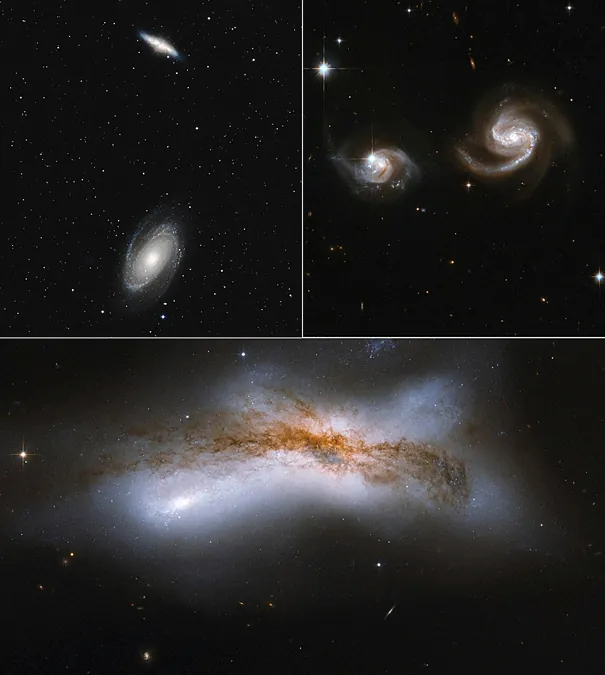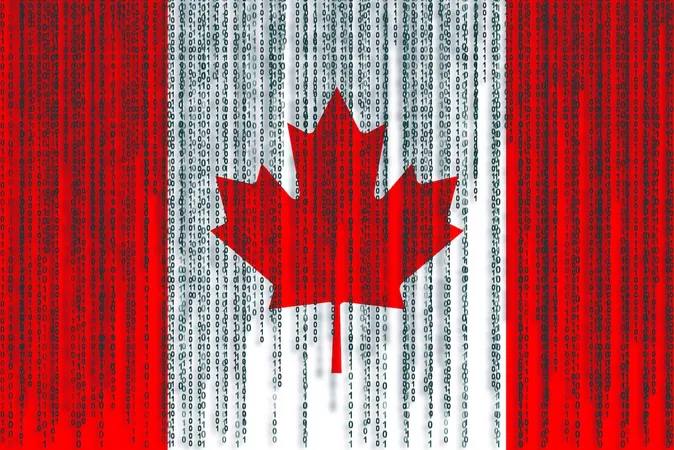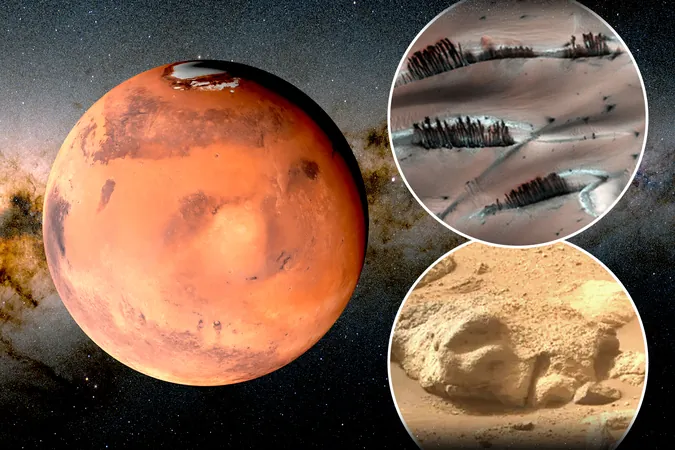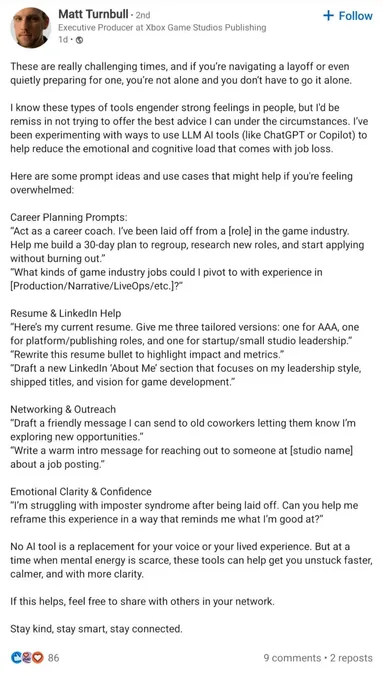
Is a Collision with Andromeda Inevitable? New Study Reveals Surprising 50-50 Odds!
2025-06-07
Author: Emily
Surprise! The anticipated collision between our Milky Way and the neighboring Andromeda galaxy may not be as imminent as scientists once feared. A groundbreaking study suggests that the odds of these two spiral giants colliding are pegged at 50-50 over the next 10 billion years, making it akin to a cosmic coin toss.
Lead author Till Sawala from the University of Helsinki expressed optimism about the new findings published in Nature Astronomy, stating, "Proclamations of the impending demise of our galaxy seem greatly exaggerated." This fresh perspective certainly offers some hope for our celestial home.
However, while the Milky Way might dodge a catastrophic merger, this news is likely moot for humanity. Our Sun, more than 4.5 billion years old, is set to exhaust its energy in about 5 billion years, potentially becoming a red giant that could swallow Mercury, Venus, and perhaps Earth itself. Even if the Earth survives, it will likely be rendered a scorched wasteland, devoid of oceans.
This innovative study leveraged cutting-edge data from NASA's Hubble Space Telescope and the European Space Agency's Gaia spacecraft. By simulating various scenarios, researchers could account for gravitational influences affecting the Milky Way’s path through the cosmos. They discovered that the nearby Triangulum galaxy could increase merger chances, while the Large Magellanic Cloud might actually mitigate them.
Previously, many astronomers predicted a high likelihood of a dramatic crash between the Milky Way and Andromeda, resulting in a new galaxy form nicknamed 'Milkomeda.' Estimates had placed this event potentially occurring within the next 5 billion years. Now, the probability of a cosmic collision has shifted to a much more manageable 50-50, albeit still uncertain.
Raja GuhaThakurta, a researcher from the University of California, Santa Cruz, who wasn’t involved in the study, highlighted the significance of understanding our galaxy's fate. A full-on collision could radically reshape our galaxy from a familiar band of stars into a blended cosmic blob, while a mere flyby could leave our galactic structure largely intact.
Despite this exciting new data, researchers acknowledge there's still much to learn. Further studies could unveil deeper insights about galactic interactions across the universe.
Yet, while the fate of the Milky Way remains shrouded in mystery, Sawala poignantly noted, "The Sun’s future is pretty much sealed." He added a sobering thought: "There's a significant chance that humanity will bring about its own demise well before any cosmic events unfold."









 Brasil (PT)
Brasil (PT)
 Canada (EN)
Canada (EN)
 Chile (ES)
Chile (ES)
 Česko (CS)
Česko (CS)
 대한민국 (KO)
대한민국 (KO)
 España (ES)
España (ES)
 France (FR)
France (FR)
 Hong Kong (EN)
Hong Kong (EN)
 Italia (IT)
Italia (IT)
 日本 (JA)
日本 (JA)
 Magyarország (HU)
Magyarország (HU)
 Norge (NO)
Norge (NO)
 Polska (PL)
Polska (PL)
 Schweiz (DE)
Schweiz (DE)
 Singapore (EN)
Singapore (EN)
 Sverige (SV)
Sverige (SV)
 Suomi (FI)
Suomi (FI)
 Türkiye (TR)
Türkiye (TR)
 الإمارات العربية المتحدة (AR)
الإمارات العربية المتحدة (AR)